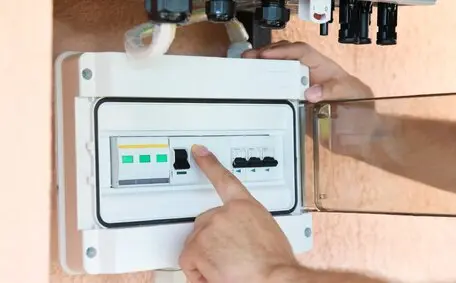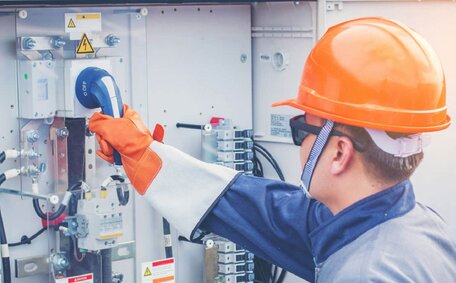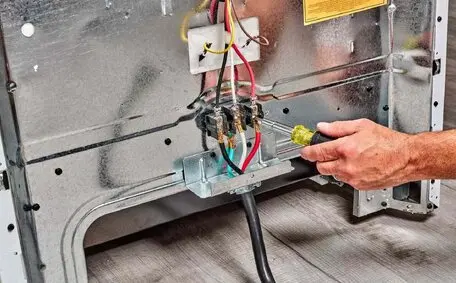
A Step-by-Step Guide To Connecting Power
Are you looking to connect power to your new home? Join us as our experts provide a step-by-step guide to connecting power to your home safely, ensuring a secure and efficient electrical setup.
Read MoreWhether we’re in our homes, working at the office, or operating machinery in an industry, power is the key to keeping everything running smoothly. This piece delves into why connecting power properly is so important. It’s not just about efficiency, but more crucially, it’s about ensuring the safety of lives and securing property.
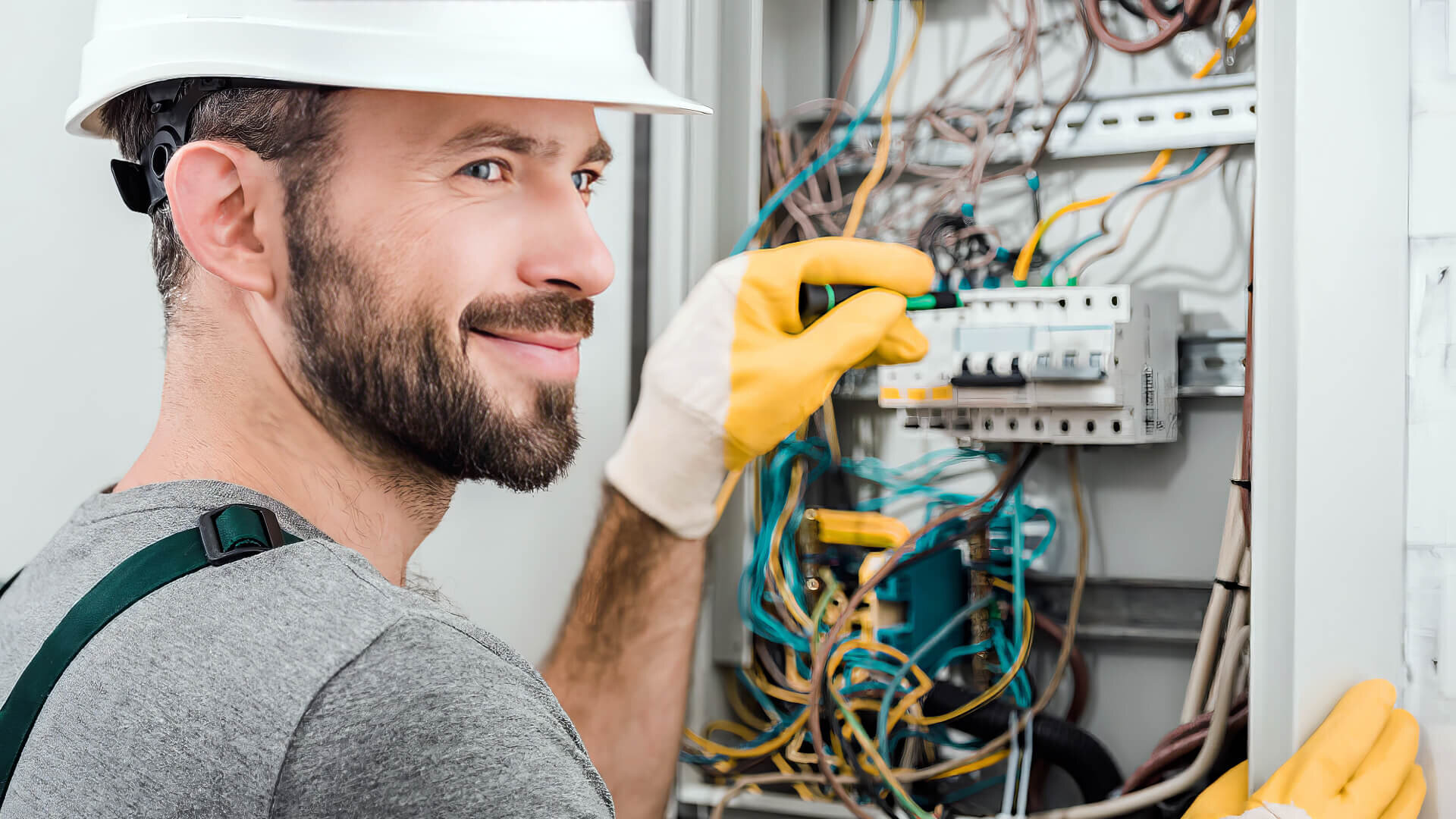
Whether you are a homeowner, a business owner, or an industry professional, this article aims to equip you with valuable insights to ensure that power connections are established and maintained with utmost care and diligence.
Power connections have become integral to our daily lives in today’s technology-driven world.
We all rely on a stable power supply, whether it’s to charge our phones, run our home appliances, or power industrial machines. Yet, if these connections aren’t done correctly, they can lead to significant risks that we shouldn’t ignore.
A major danger of faulty power connections is the threat of electrocution. Simply mishandling cords or incorrectly plugging devices into outlets can cause electric shocks. These range from a quick jolt of discomfort to potentially fatal outcomes.
Following the manufacturer’s guidelines and using appropriate safety measures when dealing with electricity is crucial.
Faulty power connections can lead to electrical fires too. Overloading sockets, using worn-out cords, or ignoring safety standards might cause overheating or short circuits.
These incidents not only endanger lives but can also cause extensive property damage and financial loss. In commercial settings, improper power connections can lead to power outages and disrupt critical operations.
For instance, a single misconnection in data centres can cause downtime and data loss and impact business continuity.
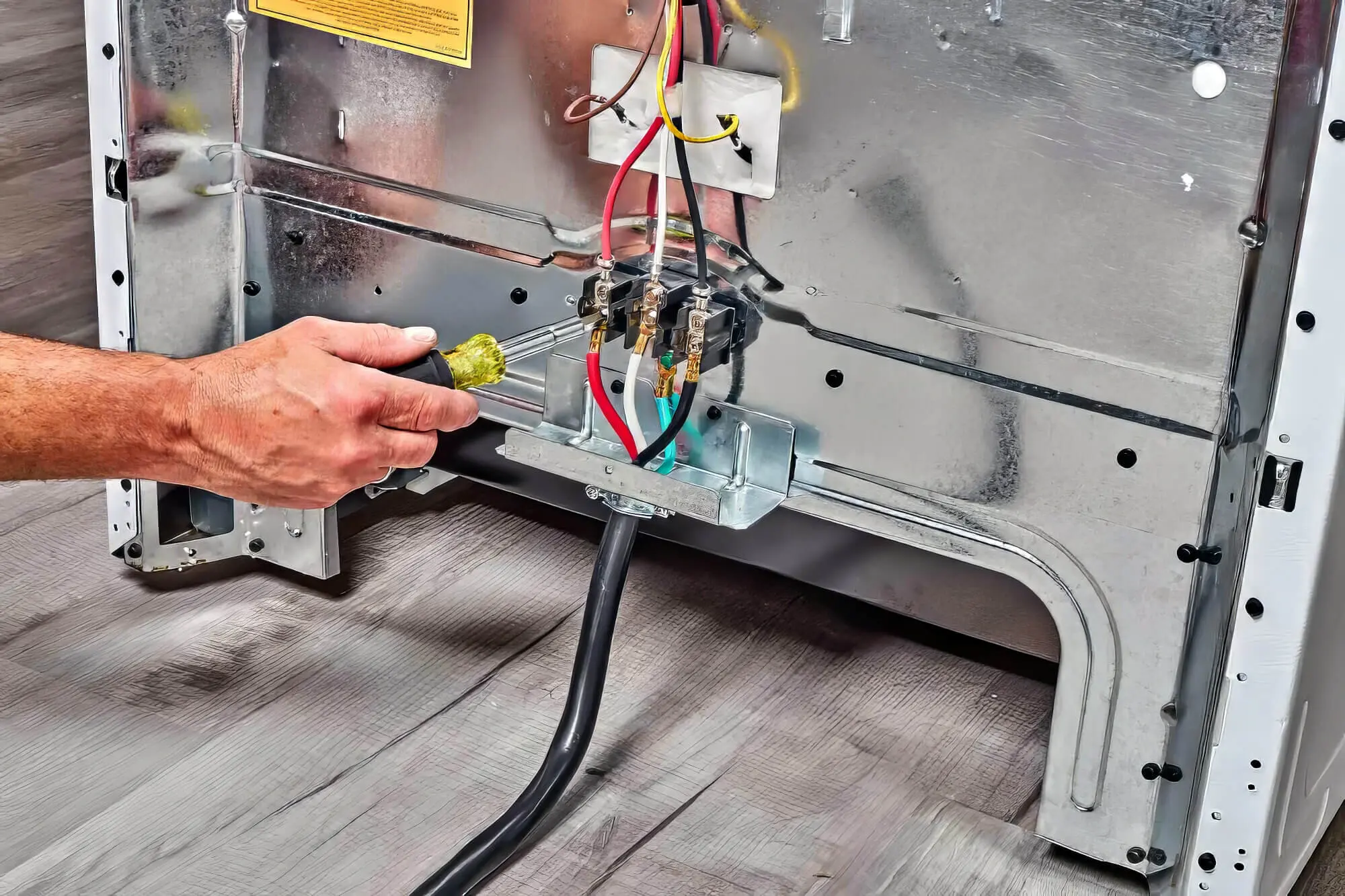
Electronic devices are sensitive to the quality and stability of the power they receive.
Incorrect voltage, frequency, or polarity can cause equipment malfunction, reducing their lifespan or rendering them completely inoperable. Ensuring proper power connections can help safeguard expensive electronic gadgets and appliances.
Energy wastage due to improper power connections increases utility bills and contributes to environmental degradation. Efficient and proper electrical connections are vital for minimising energy consumption and promoting sustainability.
A homeowner must ensure your family’s and property’s safety and security. By implementing some essential safety measures, you can create a secure living environment and enjoy peace of mind. Here are some practical tips to help you safeguard your home:
1. Install a Security System: Invest in a reliable home security system with alarms, cameras, and motion sensors. A comprehensive security system can deter potential intruders and provide real-time property monitoring, even when you’re away.
2. Upgrade Locks and Doors: Strengthen the entry points of your home by installing sturdy deadbolts and reinforced doors. Ensure that all exterior doors are made of solid materials and equipped with peepholes to identify visitors before opening the door.
3. Light Up Your Landscape: Adequate outdoor lighting can prevent accidents and deter burglars. Install motion-activated lights around the perimeter of your house and along pathways to enhance visibility during nighttime.
4. Fire Safety Measures: Equip your home with smoke detectors on each floor, especially near bedrooms. Test the detectors regularly and replace batteries as needed. Have a fire extinguisher in the kitchen and educate family members on its use.
5. Carbon Monoxide Detection: Carbon monoxide is a silent killer, colourless and odourless. Install carbon monoxide detectors near sleeping areas and ensure that fuel-burning appliances, like heaters and stoves, are well-ventilated.
6. Childproofing: If you have young children, childproof your home to prevent accidents. Cover electrical outlets, install safety gates, and secure heavy furniture to walls to prevent tipping.
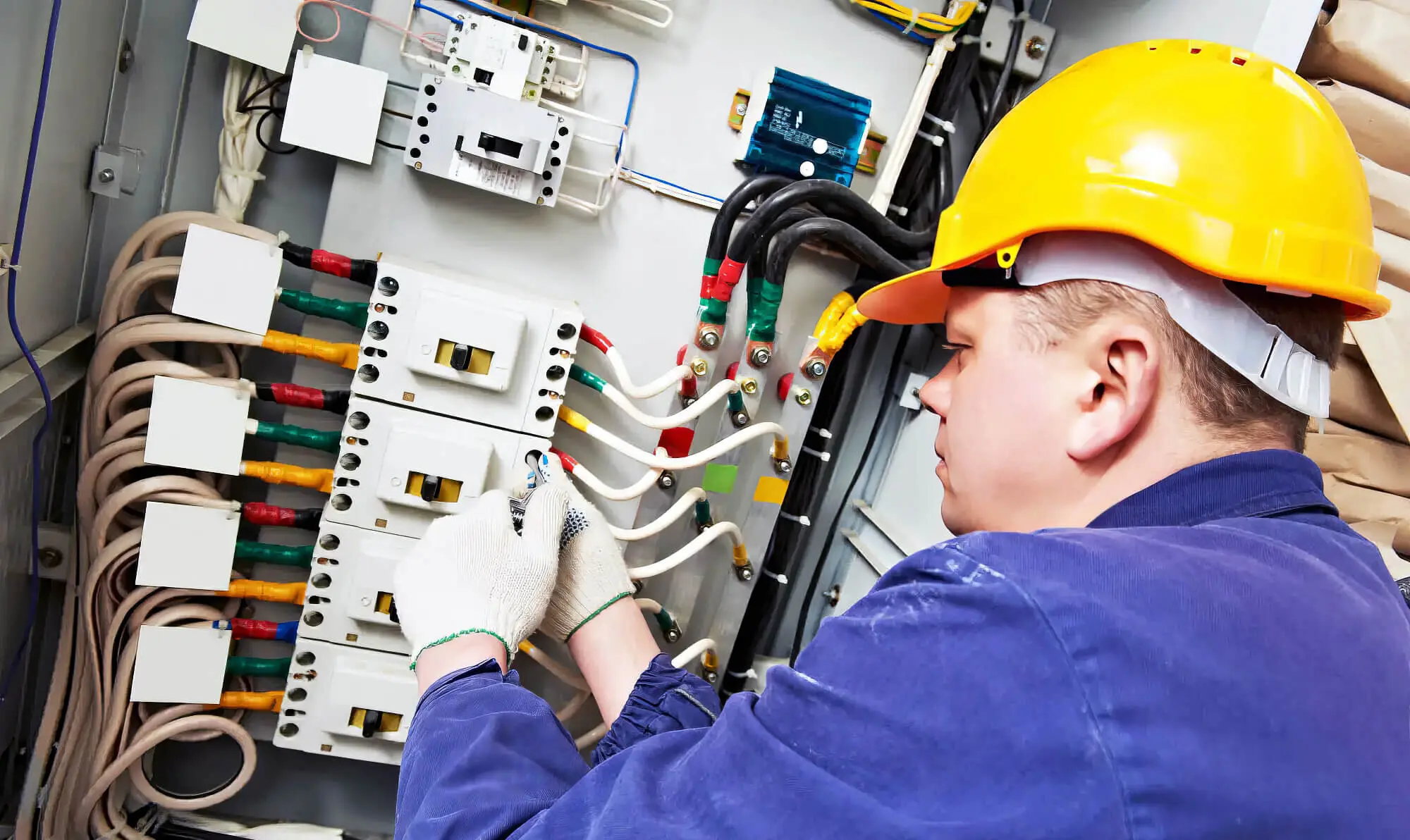
7. Maintain Electrical Safety: Inspect electrical cords and outlets regularly for signs of damage or wear. Avoid overloading power sockets and use surge protectors to protect electronic devices from power surges.
8. Burglary Prevention: When away, make your home appear occupied. Use timers to turn lights on and off and ask a neighbour or friend to collect mail and newspapers. Avoid posting vacation plans on social media.
9. Keep Emergency Numbers Handy: Have a list of emergency contact numbers, including the police, fire department, and local hospital, near your phone or saved on your mobile device.
10. Neighbourhood Watch: Join or initiate a neighbourhood watch program to foster a sense of community and collective vigilance against crime.
11. Secure Valuables: Store important documents, jewellery, and valuables in a home safe or a secure location that is not easily accessible.
12. Regular Maintenance: Keep your property well-maintained, including trimming bushes and trees to eliminate potential hiding spots for intruders.
As our world becomes more electrified, knowing and following safety standards for power connections is crucial. It’s all about keeping people safe, protecting property, and making sure our electrical systems run smoothly.
These safety standards aim to cut down the risks tied to electrical connections, reducing issues like electric shocks, fires, and damages to equipment. Sticking to these guidelines can greatly lower the chances of accidents and injuries.
Governments and regulatory bodies mandate safety standards to maintain a consistent level of electrical safety across industries and applications. Compliance with these standards is a legal requirement and demonstrates a commitment to public safety.
Adhering to safety standards ensures consistency in electrical installations and components. This consistency enables various electrical devices and systems to work together seamlessly, promoting interoperability and enhancing overall electrical system efficiency.
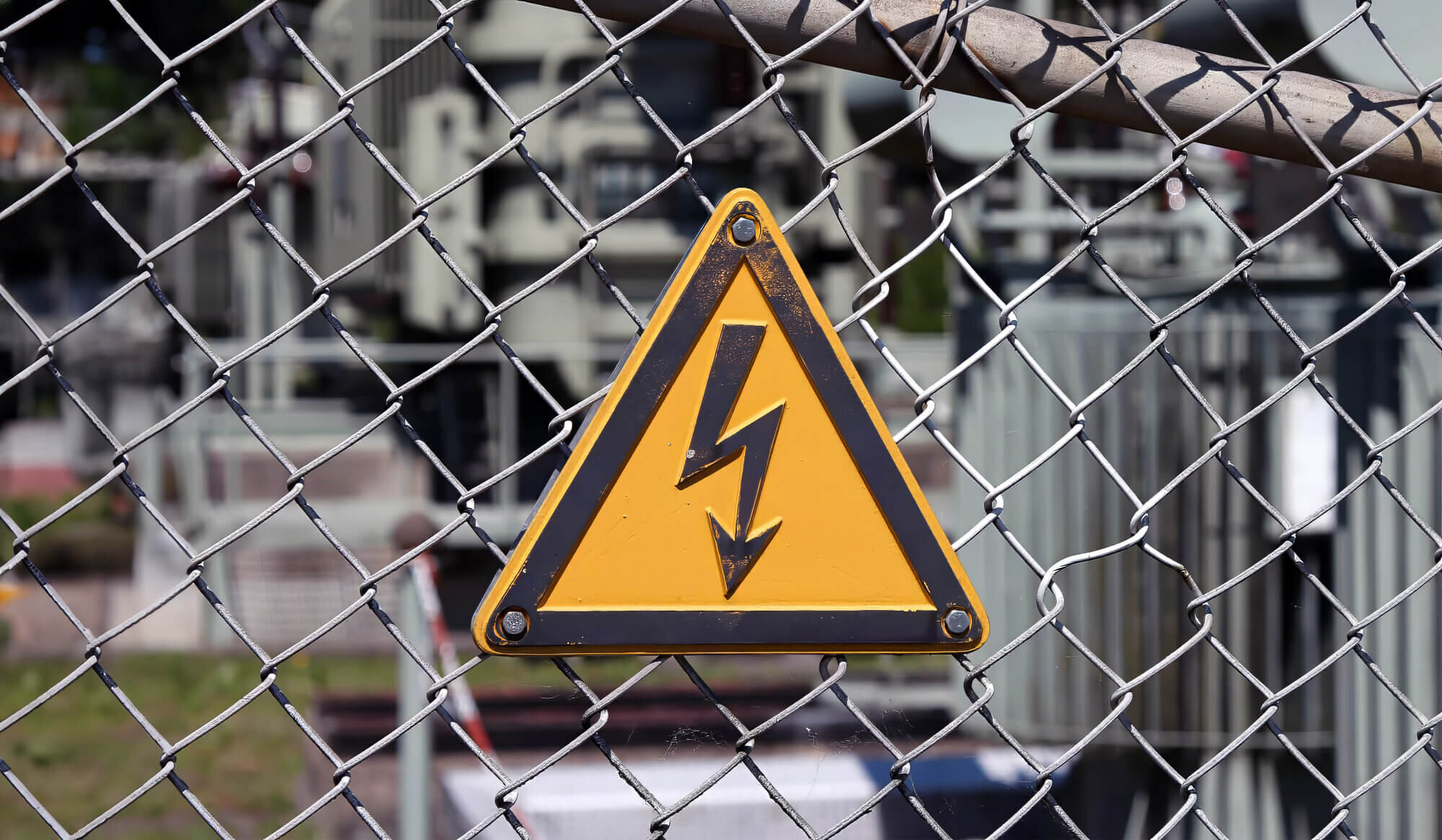
Safety standards guide appropriate load capacities for electrical circuits, outlets, and devices. This helps avoid power overloads, which can lead to electrical fires and damage to equipment. Safety standards address the importance of proper grounding and bonding in electrical systems.
Correctly implemented grounding and bonding techniques prevent electrical shocks and ensure adequate fault protection.
Some safety standards also emphasise energy efficiency in electrical installations. Following these guidelines, users can reduce energy wastage, lower utility costs, and contribute to environmental sustainability.
Adhering to safety standards ensures that electrical equipment is installed and used correctly, reducing the likelihood of premature failure and extending the lifespan of electrical components. Safety standards are regularly updated based on new research, technological advancements, and lessons learned from past incidents.
Staying informed and complying with the latest standards allows for continual improvement in electrical safety.
Our homes, businesses, and industries all depend on electricity to function. When it comes to installations, repairs, or maintenance, opting for professional electrical services brings many benefits that should not be overlooked.
Electrical work involves inherent risks, and safety should be the top priority. Professional electricians are well-trained to handle electrical tasks safely and follow industry best practices. They possess the knowledge and experience to mitigate potential hazards, reducing the risk of accidents or electrical fires.
Electrical problems can be complex and challenging to diagnose for untrained individuals. Professional electricians have the expertise and specialised tools to identify issues accurately and efficiently. Their ability to troubleshoot saves time and prevents unnecessary expenses.
Electrical work is subject to various local and national building codes and regulations. Professional electricians stay updated with these codes, ensuring that all installations and repairs meet the necessary standards. Code compliance is essential for passing inspections and maintaining the electrical system’s integrity.
By hiring professionals, you can be confident that the electrical job will be completed effectively and on time. Experienced electricians have honed their skills, allowing them to work efficiently and deliver reliable results.
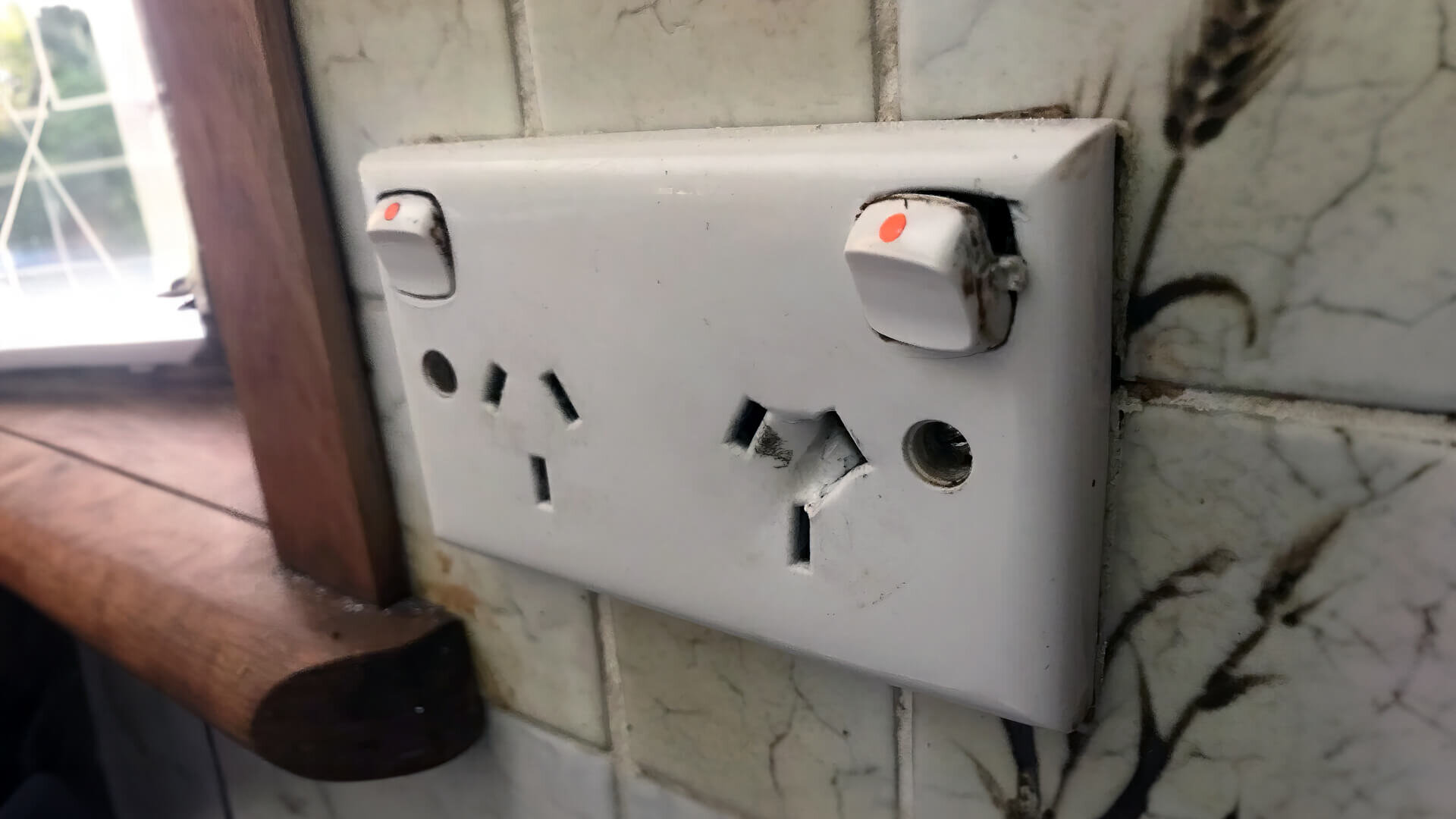
Regular maintenance is essential for the longevity and optimal performance of electrical systems. Professional electricians can conduct thorough inspections, identifying potential issues before they escalate into costly problems. Scheduled maintenance can help avoid unexpected breakdowns and reduce the need for significant repairs.
Professional electricians’ work is backed by their expertise and commitment to delivering quality service. This ensures that electrical installations are durable and reliable, reducing the likelihood of future issues.
While some may consider DIY electrical work a cost-saving measure, it can lead to expensive mistakes and unsafe outcomes. Professional electricians can prevent unnecessary expenses by doing the job right the first time and avoiding the need for frequent repairs.
Reputable electrical service providers carry liability insurance, protecting you and your property in case of accidents or damage during the job. Knowing you are covered in unforeseen circumstances gives you added peace of mind.
Professional electrical services often have warranties or guarantees for their work. If any issues arise after the service is completed, you can rely on them to rectify the problem at no additional cost.
Professional electricians have expertise in various specialised areas, such as industrial electrical work, home automation, or renewable energy installations. Hiring professionals with specific skills ensures that your unique electrical needs are precisely met.
Efficient power connections are vital for maximising energy usage, minimising wastage, and ensuring the smooth operation of electrical systems. Use appropriately sized wiring for different electrical loads at home or in a commercial setting. Overly thin wires can lead to voltage drops and increased resistance, resulting in energy losses.
Consult an electrician to determine the correct gauge of wire for each circuit.
When purchasing electrical appliances, opt for energy-efficient models that carry the ENERGY STAR® label or similar certifications. These appliances consume less power while delivering the same performance, leading to long-term energy savings. Many devices consume standby power even when turned off. Unplug chargers, electronics, and other equipment when not in use to eliminate phantom loads and save electricity.
Connect multiple devices to power strips and turn off the strip when devices are not needed. This approach makes it easier to cut power to multiple devices simultaneously, preventing unnecessary standby power consumption. Dimmer switches allow you to adjust lighting levels based on your needs, saving electricity. Timers can automate turning off lights and other devices when not required.

Implement smart home systems that enable you to control and monitor electrical devices remotely. This feature ensures that appliances are only used when needed, optimising energy consumption. Keep electrical connections clean and well-maintained. Dirty or corroded connections can increase resistance, leading to energy losses and potential hazards.
Replace traditional incandescent bulbs with energy-efficient LED bulbs. LEDs use significantly less electricity and have a longer lifespan, reducing the frequency of replacements.
Consider conducting energy audits to identify areas of inefficiency and opportunities for improvement. Professional auditors can provide tailored recommendations to optimise your power connections. Utilise Renewable Energy Sources: If feasible, integrate renewable energy sources like solar panels or wind turbines into your electrical system. This can offset electricity consumption from the grid and lead to long-term cost savings.
The significance of adequately connecting power cannot be overstated, as it is the backbone of ensuring safety and efficiency in any electrical system. As highlighted in this blog, the consequences of improper power connections can be dire, leading to potential hazards and compromised efficiency.
At Bright Force Electrical, we prioritise the well-being of our customers and their properties. Our commitment to strict safety standards and employing qualified professionals ensures that each electrical installation is carried out with precision and care. By putting safety at the forefront of our services, we aim to provide our clients with peace of mind and a reliable electrical system that functions optimally.
In partnership with Bright Force Electrical, you can rest assured that your power connections are in capable hands. We encourage everyone to prioritise safety, efficiency, and regular maintenance, for together, we can build a secure and robust electrical landscape that benefits us all. Let us empower ourselves with knowledge and take the necessary steps to create a brighter and safer future for our electrical systems. Call us today!
Did you enjoy reading our article “The Importance of Properly Connecting Power”? We have many related articles you may also be interested in reading, like the below:
Are you looking to connect power to your new home? Join us as our experts provide a step-by-step guide to connecting power to your home safely, ensuring a secure and efficient electrical setup.
Read MoreRelocating your business? Don’t let power concerns delay your opening! This guide simplifies connecting electricity to your new location, ensuring a seamless transition and keeping your business running smoothly.
Read MoreElevate your construction’s electrical integrity with insights into safe power management. Discover how stringent safety protocols and qualified electricians protect your site during critical power connections and disconnections.
Read MoreWe will call back as soon as possible.
